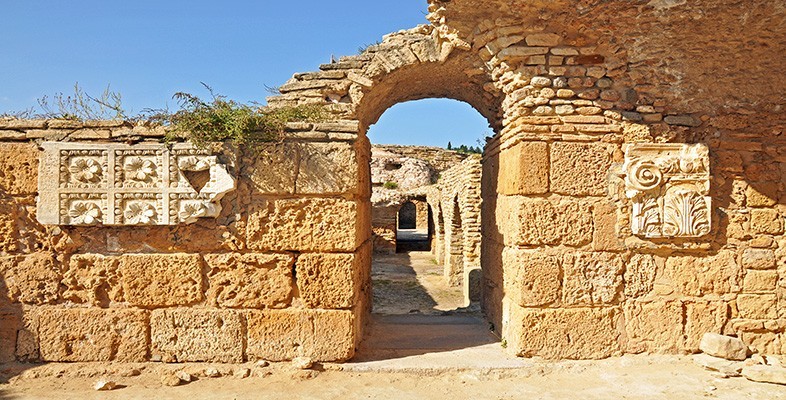Home » Course Layouts » Free Course Layout Udemy
This course provides an overview of World Heritage, its political and cultural origins and the role of UNESCO and other agencies in identifying and listing sites. It identifies and discusses with exemplification the major conventions and protocols affecting World Heritage. It shows how World Heritage expanded from cultural to natural and other sites, as well as embracing landscapes, and intangible and industrial heritages. It provides case studies of New Lanark as industrial heritage, Bath and Edinburgh as World Heritage Cities, and the Tarragona archaeological and historical ensemble as a driver of economic change in the development of cultural tourism. It also contains an audio case study exploring the Lake District World Heritage bid.
0
58
English
English [CC]
- Learn basic syntax that can apply to any language.
- Learn what is a programming language and the basic concepts for beginners.
- Understand what is Javascript in it's truest form.
- Know the basic syntax of Javascript.
- Know some hidden quirks in Javascript.
Description
Introduction
This course provides an overview of World Heritage, its political and cultural origins and the role of UNESCO and other agencies in identifying and listing sites. It identifies and discusses with exemplification the major conventions and protocols affecting World Heritage. It shows how World Heritage expanded from cultural to natural and other sites, as well as embracing landscapes, and intangible and industrial heritages. It provides case studies of New Lanark as industrial heritage, Bath and Edinburgh as World Heritage Cities, and the Tarragona archaeological and historical ensemble as a driver of economic change in the development of cultural tourism. It also contains an audio case study exploring the Lake District World Heritage bid.Course learning outcomes
After studying this course, you should be able to:- understand the history of the World Heritage Convention
- understand the wording of the World Heritage Convention and the World Heritage List
- understand the relationship between UNESCO and the states parties in the nomination of sites to the World Heritage List
- understand how World Heritage is assessed and managed
- understand the various categories of World Heritage.
Course content
-
- Introducing World Heritage 00:15:00
-
- An overview of World Heritage 00:20:00
- The development of World Heritage 00:45:00
- Creating a World Heritage site 05:00:00
- Types of heritage 05:00:00
- The effect of World Heritage 00:35:00
- Conclusion 00:15:00
N.A
- 5 stars0
- 4 stars0
- 3 stars0
- 2 stars0
- 1 stars0
No Reviews found for this course.










